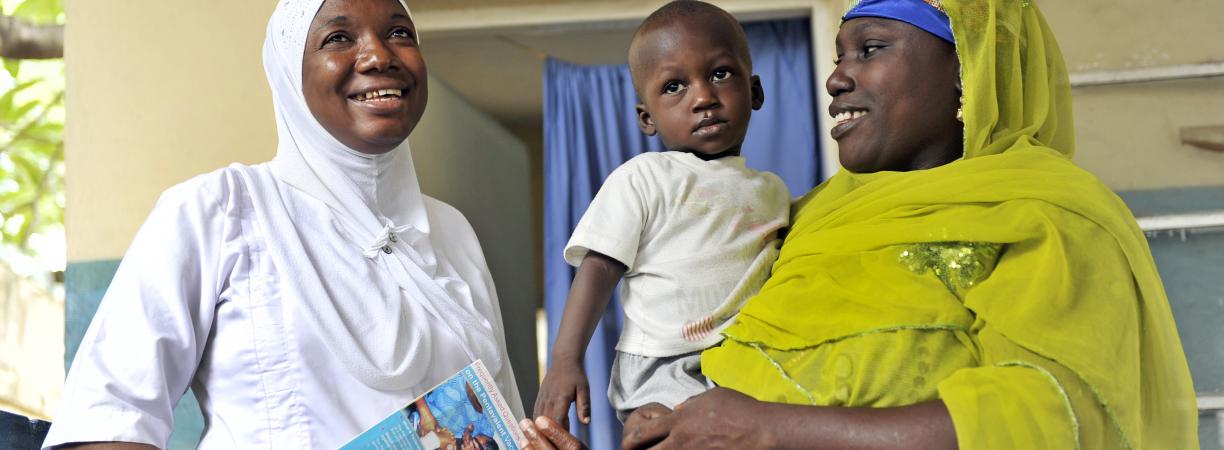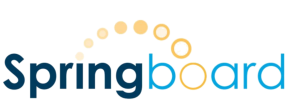
Immunization is one of the most cost-effective public health interventions to date, averting an estimated 2 to 3 million deaths every year. Yet nearly 1 in 10 infants worldwide did not receive any vaccinations in 2016 and immunization coverage rates have stagnated in the past decade. A variety of supply and demand side challenges contribute to low and stagnant coverage levels.
Research shows that the quality of the interaction between health workers and caregivers is a key factor in ensuring completion of the vaccination schedule. Frontline health workers (FLWs) are among the most influential sources of information in vaccine behavior. Health care providers, community health workers, and community-based volunteers are all part of the frontline workforce and are a crucial bridge between the communities they serve and the health services they provide and support. In this role and position, FLWs practicing good interpersonal communication (IPC) is a key to improving immunization coverage. FLWs who routinely engage in positive and meaningful interpersonal communication (IPC) with their clients—such as asking relevant questions, encouraging participation, demonstrating empathy, emphasizing the importance of timely vaccination, listening attentively, responding to, showing respect for, and appreciating clients—are able to build trusted relationships with individuals and families, and these trusted relationships are crucial to accepting vaccination and completing the vaccination schedule.
This website, ipc.unicef.org, is part of a global package of tools and resources designed to support FLWs in their immunization work, with a focus on improving their capacity to effectively use IPC to address barriers to immunization uptake and completion. The primary audience for the interpersonal communication for immunization (IPC/I) package is frontline health workers (FLWs) who provide immunization services. For the purposes of this package, FLW is defined as a person who interacts directly with caregivers and communities regarding immunization. The FLW can be a community mobilizer who promotes immunization; a health educator or community health volunteer; a community health worker; or a nurse, physician’s assistant, or physician. There are a number of materials and resources that also are directed toward sub-national supervisors of FLWs who interact with caregivers and communities regarding immunization. Supervisors may be based at the regional or district level, or may be facility-based. Finally, other resources are intended for UNICEF regional or country offices, national immunization program managers and implementers, and sub-national entities such as district health offices and educational institutions who can adapt package elements to reflect country/local needs and realities.
The core IPC/I package was developed as a comprehensive global package of 12 different components that would be broadly applicable to FLWs and immunization programs worldwide. However, as the immunization and communication context in each country differs, national immunization programs are invited to adapt the package components to suit their needs and context.
This website presents the collection of IPC/I tools and materials, including the core package initially developed as well as adaptations of the core package components that have been developed by other regions and countries. Any of the materials and resources on this website can be used and adapted as appropriate, and IPC/I programs and practitioners are encouraged to share their adaptations and experiences using the tools. This website contains the resources as well as case studies of the resources put into use. For the opportunity to engage with other IPC/I practitioners, an online community of practice is set up on Springboard, a platform where social and behavior change (SBC) professionals are able to connect with and learn from others working on similar topics or activities.
To join the IPC/I community of practice, click the Springboard logo below.

